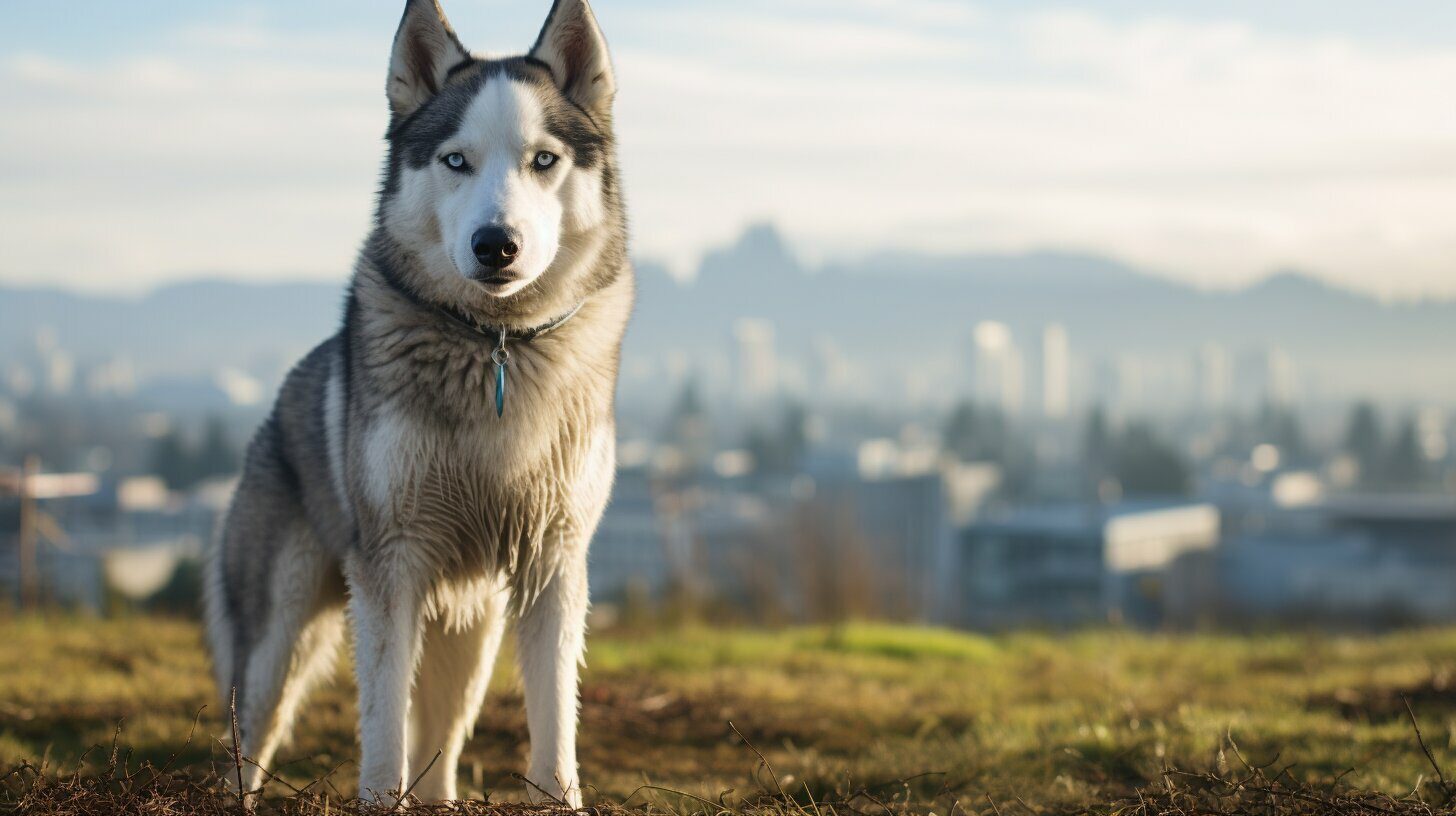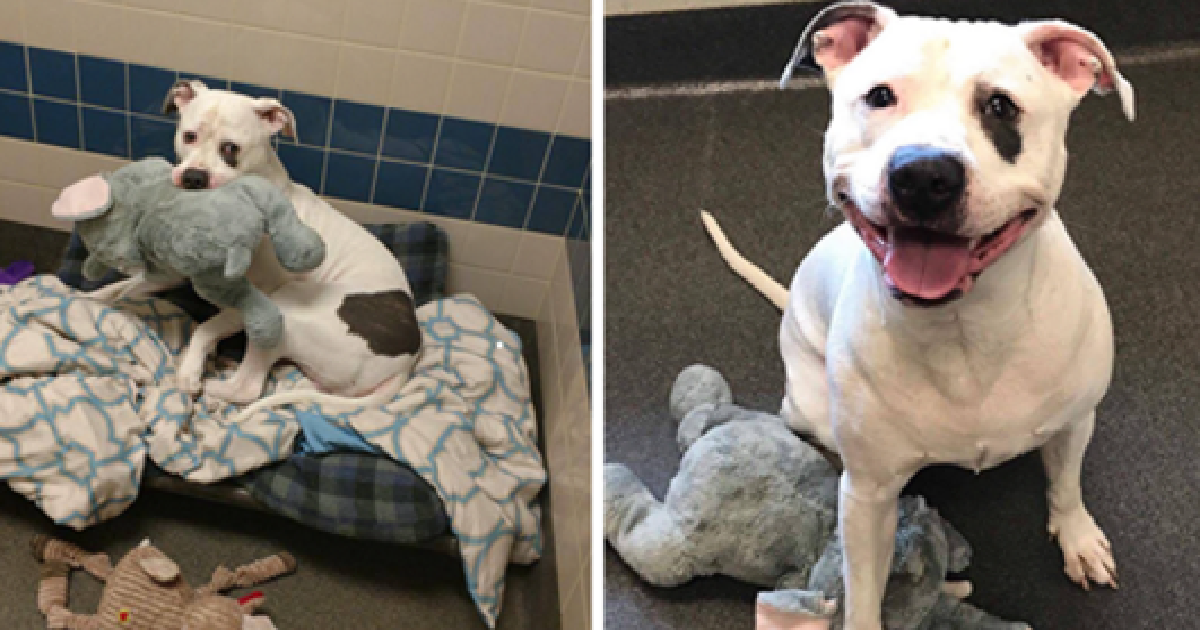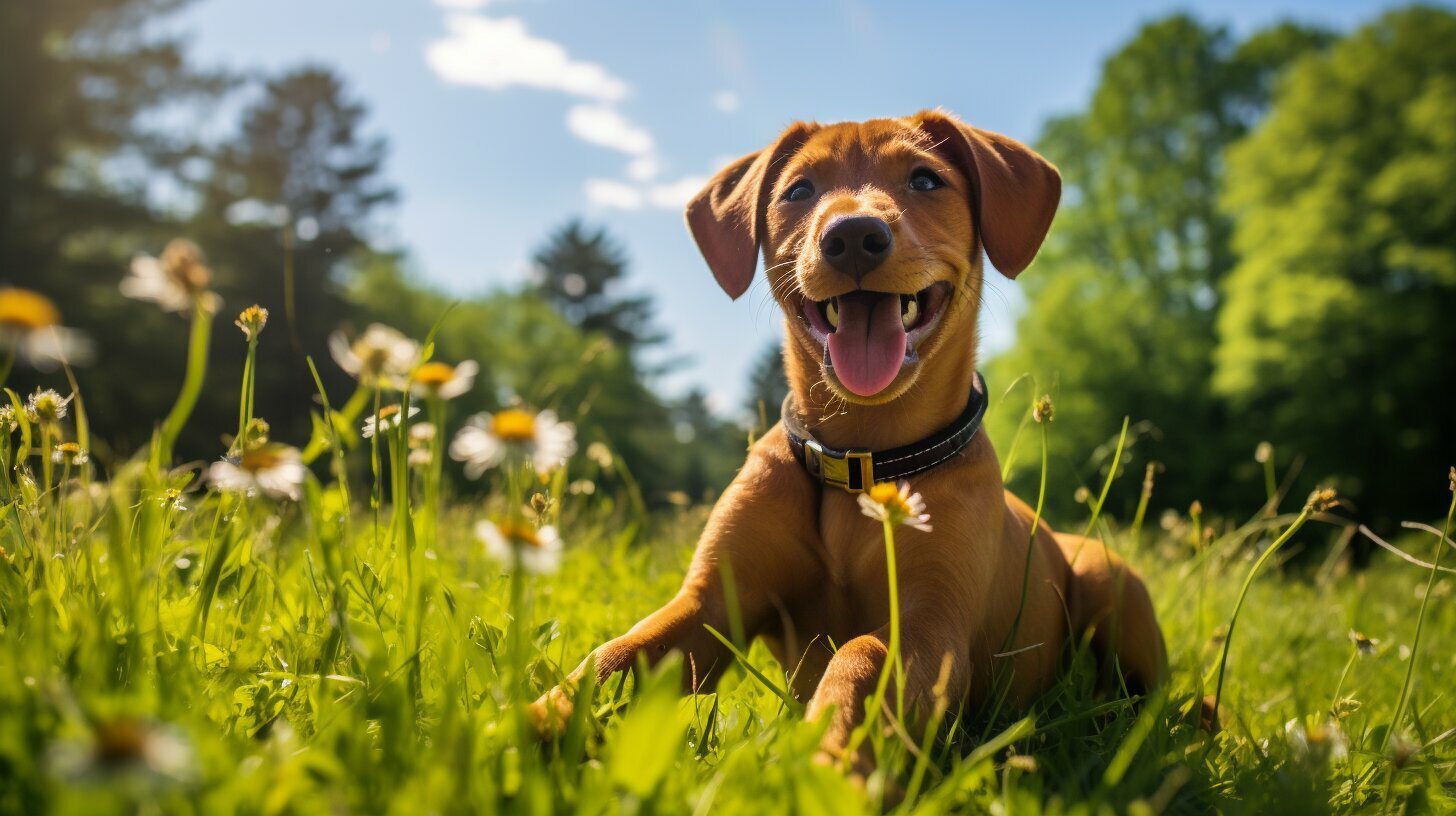Are you looking for a dog that is low-maintenance and doesn’t cause allergies? If so, you may want to consider a Yorkie. Yorkies are one of the few hypoallergenic dog breeds around, meaning they don’t produce as much dander as other breeds. This makes them a solid option for people who suffer from pet allergies.
Keep in mind, however, that no dog is 100 percent allergy-free. So if you’re allergic to dogs but want one, try spending time with the Yorkshire terrier before making your decision. That way, you can see how you react and make an informed decision.
Yorkshire Terrier
The Yorkshire Terrier, or “Yorkie” as they are commonly called, is one of the most popular breeds of dogs in the world. They are also one of the most popular companion dogs. The Yorkshire terrier is a small, playful, and loving dog that makes great household pets for people of all ages.
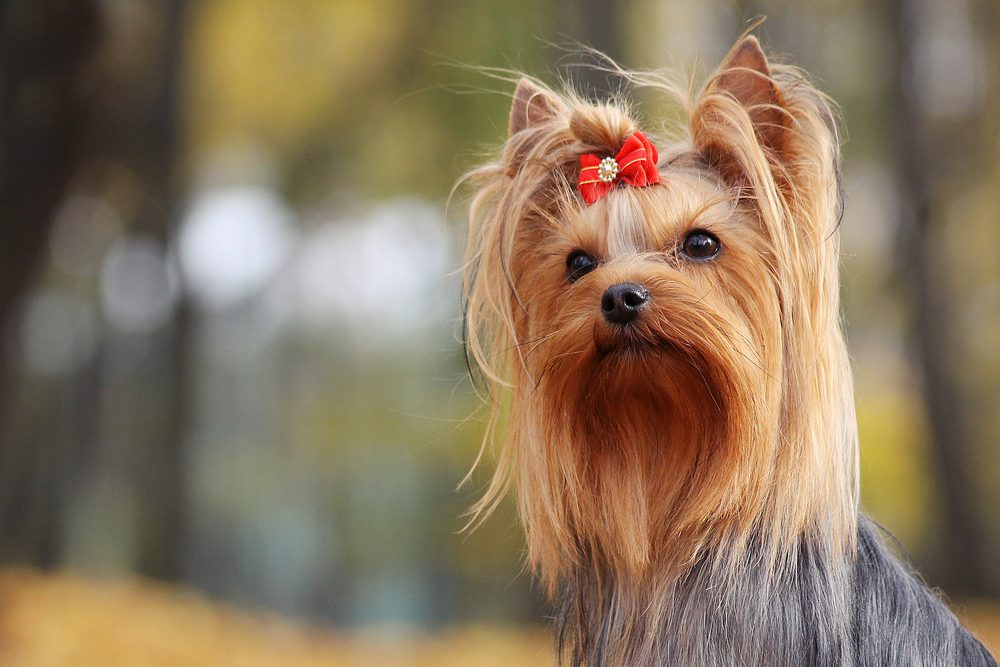
Size and Appearance
Yorkies are small dogs, typically weighing between 4 and 7 pounds. They have long, silky hair that is usually black and tan. Yorkies do not shed very much, which makes them a good choice for people with allergies.
Temperament
The Yorkshire Terrier is an energetic and playful dog. They are also very loving and devoted to their owners. Yorkies are known for being good with children and other pets.
Health
The Yorkshire Terrier is generally a healthy dog with a lifespan of 12-15 years. However, like all breeds of dogs, they can be prone to certain health problems such as dental issues, eye problems, and respiratory problems. It is important to consult with a veterinarian to ensure that your Yorkie remains healthy and happy throughout his or her life.
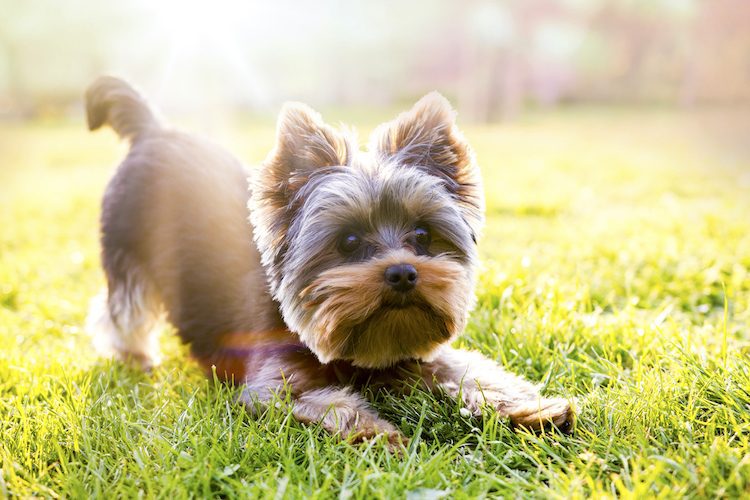
Are Yorkshire Terriers Hypoallergenic?
Yes, the Yorkshire terrier is considered to be a hypoallergenic dog breed because they have hair instead of fur and they don’t shed very much. However, they do require regular grooming to prevent their hair from matting and becoming tangled. Yorkies also tend to be yappy dogs, so if you’re looking for a quiet companion, they may not be the best choice.
What Makes Yorkshire Terriers Hypoallergenic?
The Yorkshire Terrier has a single layer of fur, unlike most other dog breeds that have a double layer. This means that Yorkies shed less and produce less – the dead skin cells that are responsible for triggering allergies in people. In addition, the Yorkshire Terrier’s coat is also finer and shorter than most other breeds, making it less likely to trap allergens.

Causes of Pet Allergies
1. Dander
Dander is perhaps the most well-known allergen associated with pets. It’s made up of tiny flakes of skin that shed constantly from your animal’s coat. These flakes can become airborne and end up in your nose, lungs, and eyes, causing an allergic reaction.
2. Saliva
When your pet licks its fur or your skin, they transfer saliva onto its fur or your skin. When that saliva dries, it becomes airborne and can cause an allergic reaction in people who are sensitive to it.
3. Urine
Urine contains a protein called albumin which can cause an allergic reaction in some people. When your pet urinates on themselves or on surfaces in your home, that albumin can become airborne and cause an allergic reaction when it’s inhaled.
4. Fur
Fur is made up of proteins that can cause an allergic reaction in some people. Even if your animal doesn’t have dander, its fur can still contain these proteins and trigger a pet allergy attack.
5. Mold spores
Mold spores are tiny particles that are found both indoors and outdoors. They can attach themselves to your pet’s fur or feathers and be carried into your home, where they can cause an allergic reaction when they’re inhaled.
6. Dust mites
Dust mites are tiny creatures that thrive in warm, humid environments—exactly the type of environment you might find in your home if you have pets. These mites feed on dead skin cells shed by both humans and animals, so if you have pets, there’s a good chance you also have dust mites in your home. And when dust mites come into contact with human skin, they can cause an allergic reaction.
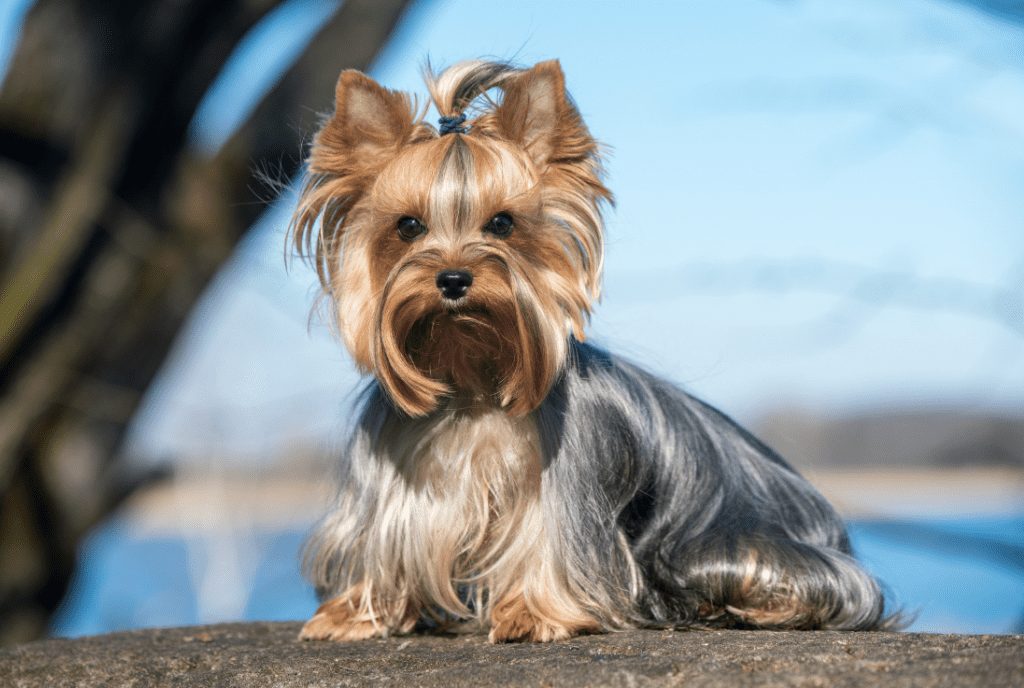
Are Teacup Yorkies Hypoallergenic?
Teacup Yorkies are not a separate breed from regular Yorkshire Terriers. They are simply Yorkshire Terriers that have been bred to be smaller than average. As such, they inherit the same traits as regular Yorkshire Terriers—including the fact that they are not hypoallergenic.
So, why do so many people believe that teacup Yorkies are hypoallergenic? Unfortunately, it’s because many breeders and pet stores falsely advertise them as such. They do this because they know that there is a high demand for hypoallergenic dogs. And, since teacup Yorkies are already small and adorable, it’s easy to see why people would believe that they fit the bill.
However, just because a dog is small does not mean that it is hypoallergenic. In fact, there is no such thing as a truly hypoallergenic dog breed. All dogs produce dander—a combination of dead skin cells and hair—which is what causes allergies in humans. Some dogs produce more dander than others, but all dogs will cause allergies in susceptible individuals.
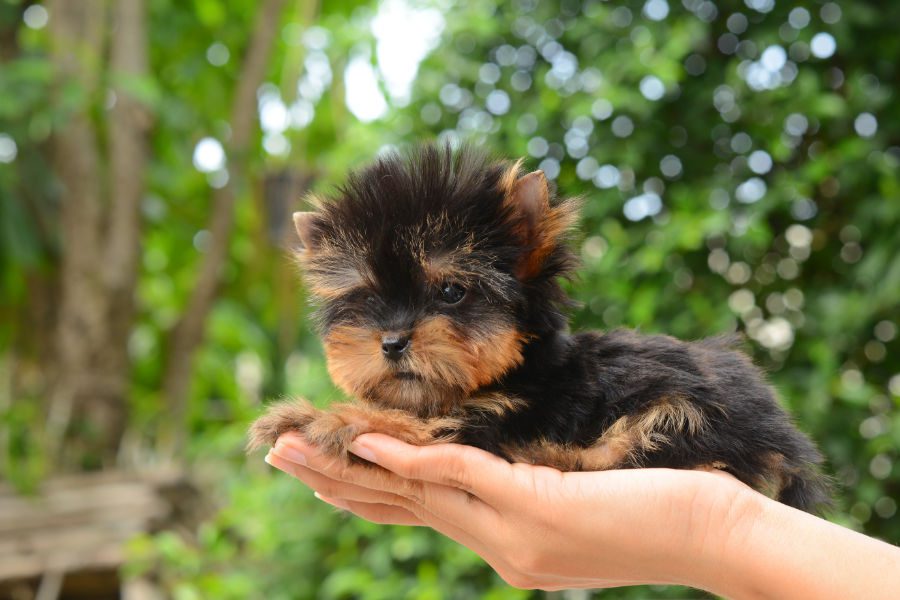
Are Yorkie Poos Hypoallergenic?
Since Yorkie Poos are bred from two hypoallergenic parent breeds, they are also hypoallergenic. This means that they produce very little dander, which is the main culprit behind dog allergies. In fact, many people who are allergic to dogs find that they can live happily with a Yorkie Poo without any adverse effects.

How to Find Out if You’re Allergic to the Yorkshire Terrier?
1. Sneezing and itchiness around the eyes and nose. If you start sneezing and have itchiness around your eyes and nose after being around your Yorkie, it’s a good sign that you’re allergic to them.
2. Red, watery eyes. If your eyes start to water and turn red after being around your Yorkie, it’s another sign that you may be allergic to them.
3. Coughing and wheezing. If you start coughing and wheezing after being around your Yorkie, it’s a good sign that you have an allergy to them.
4. Shortness of breath. If you start having trouble breathing after being around your Yorkie, it’s a definite sign that you’re allergic to them and should see a doctor immediately.
5. Hives or rash on the skin. If you develop hives or a rash on your skin after being around your Yorkie, it’s a sign that you’re allergic to their fur or dander.
6. Swelling of the face, lips, tongue, or throat. If any of these areas start to swell after being around your Yorkie, it’s a sign of a serious allergy and you should see a doctor immediately.
7. Nausea, vomiting, or diarrhea. If you start feeling nauseous, vomit, or have diarrhea after being around your Yorkie, it’s a sign of a serious allergy and you should see a doctor immediately.

Why Does Being Hypoallergenic Matter?
For people with dog allergies, having a hypoallergenic dog can make all the difference in the world. Hypoallergenic dogs produce less dander, which means that there is less protein that triggers allergies floating around in the air. This can make it easier for allergy sufferers to live with a dog since they won’t have to contend with constant sneezing, watery eyes, and other uncomfortable symptoms.
In addition, hypoallergenic dogs tend to shed less than other breeds. This means that there will be fewer pet hair allergens in your home, making it a safer and more comfortable environment for allergy sufferers.
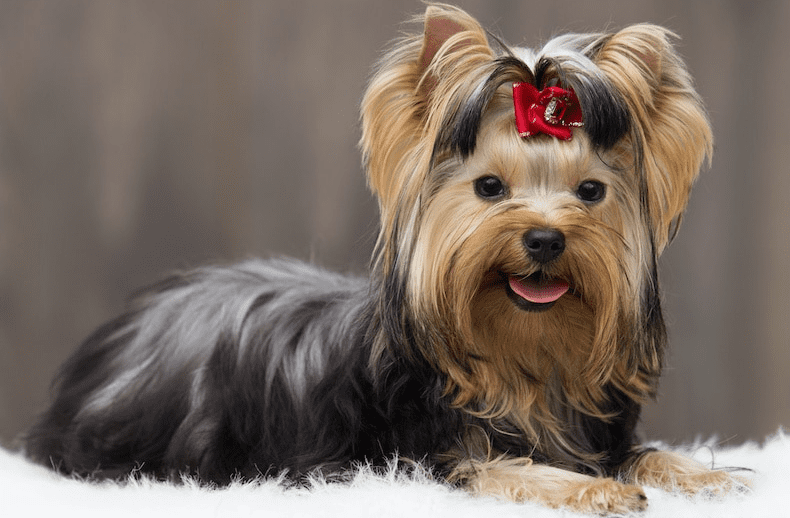
How to Groom the Yorkshire Terrier
1. Start by brushing your dog’s fur with a soft-bristled brush. This will help remove any dirt, debris, or tangles that may be present. Be sure to go slowly and be gentle, as Yorkies have delicate skin.
2. Next, use a dog-specific shampoo to wash your dog’s fur. Avoid using human shampoo, as it can be too harsh for your dog’s skin. Massage the shampoo into your dog’s fur and rinse thoroughly.
3. Once your dog is clean, use a towel to dry off its fur as much as possible. Then, use a blow dryer on the lowest setting to finish the job. Be careful not to hold the blow dryer too close to your dog’s skin, as this could cause irritation.
4. Now it’s time to trim your dog’s nails. You can either do this yourself or take them to a professional groomer. If you’re doing it yourself, be sure to use sharp nail clippers designed for dogs—don’t use human nail clippers or scissors, as these can damage your dog’s nails. Cut only the tips of the nails—avoid cutting quickly, as this can be painful for your dog.
5. It’s also important to brush your dog’s teeth on a regular basis. You can use a toothbrush designed for dogs or a piece of gauze wrapped around your finger. Be sure to use toothpaste made specifically for dogs—never use human toothpaste, as it can make them sick. Brush in circular motions and avoid getting water into their mouth while brushing.
6. Finally, you’ll want to clean your dog’s ears on a regular basis. This helps prevent infection and keeps their ears healthy overall. You can use a cotton ball soaked in ear cleansing solution or simply warm water—avoid using Q-tips, as these can damage your dog’s delicate ear canal. Gently wipe the inside of their ears and be sure to remove any excess wax that has accumulated.
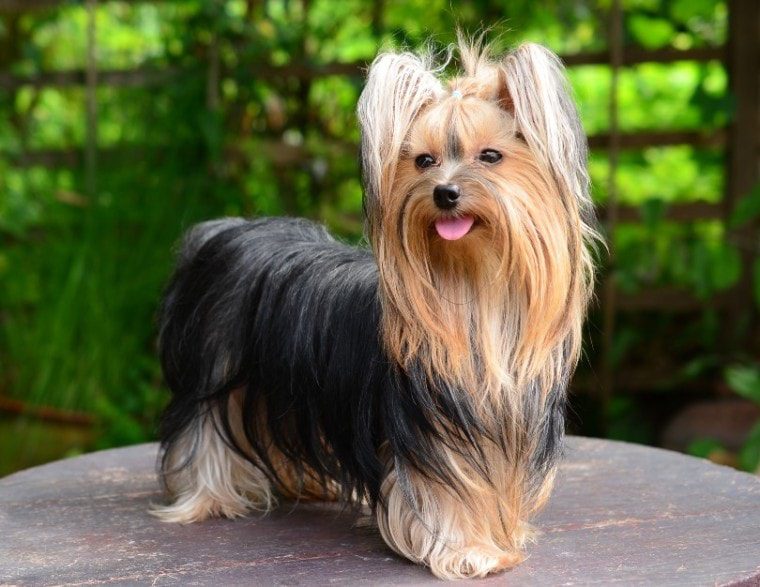
How Do I Cope With Allergies to Pets?
1. Keep your dog out of your bedroom. This is the one room in the house where you should be able to escape your allergies. By keeping your dog out, you’ll be able to reduce your exposure and get a good night’s sleep.
2. Vacuum regularly. Vacuuming will help remove any pet dander that’s been left behind by your furry friend. Be sure to use a vacuum with a HEPA filter to trap as many allergens as possible.
3. Groom your dog regularly. Brushing your dog’s fur will help remove any loose hair and dander that could be causing your allergies. Be sure to do this outside so you’re not spreading the allergens around your home.
4. Use an air purifier. Air purifiers can help remove pet allergens from the air, making it easier for you to breathe. Look for an air purifier with a HEPA filter for the best results.
5. Keep windows closed. During pollen season, it’s best to keep your windows closed so pollen doesn’t have a chance to come into contact with your dog and spread around your home.
6. Bathe your dog weekly. A weekly bath will help remove any allergens that have built up on your dog’s fur over the course of the week. Be sure to use a hypoallergenic shampoo and rinse thoroughly afterward.
7. Visit an allergy specialist. If you’ve tried all of these tips and you’re still struggling with allergies, it may be time to visit an allergy specialist. They can help you figure out which specific allergens you’re reactive to and provide you with medication or immunotherapy treatments to help you cope.

Final Thoughts
The Yorkshire Terrier can be a great addition to any home, but it’s important to be aware of the potential allergies they can cause. By taking some simple precautions, you can minimize your exposure to pet allergens and enjoy all the benefits that come with owning a Yorkie.
Frequently Asked Questions
CAN I USE HUMAN SHAMPOO ON MY DOG?
No, you should not use human shampoo on your dog. Human shampoo is too harsh for a dog’s skin and can irritate it. Instead, use a dog-specific shampoo that is designed to be gentle on their skin.
HOW OFTEN SHOULD I BATHE MY DOG?
You should bathe your dog at least once a week to help remove any allergens that have built up on their fur. Be sure to use a hypoallergenic shampoo and rinse thoroughly afterward.
WHAT SHOULD I DO IF I’M ALLERGIC TO MY DOG?
If you’re allergic to your dog, there are a few things you can do to make it easier to cope with your allergies. Keep your dog out of your bedroom, vacuum regularly, and groom your dog regularly. You should also use an air purifier and keep windows closed during pollen season. Finally, bathe your dog weekly to help remove any allergens that have built up on their fur.
HOW CAN I KEEP MY DOG FROM TRACKING ALLERGENS INTO THE HOUSE?
You can help keep your dog from tracking allergens into the house by keeping them groomed and clean. Be sure to brush their fur regularly and bathe them at least once a week. You can also place a mat at your entryway to help catch any allergens that they may be carrying on their fur.



